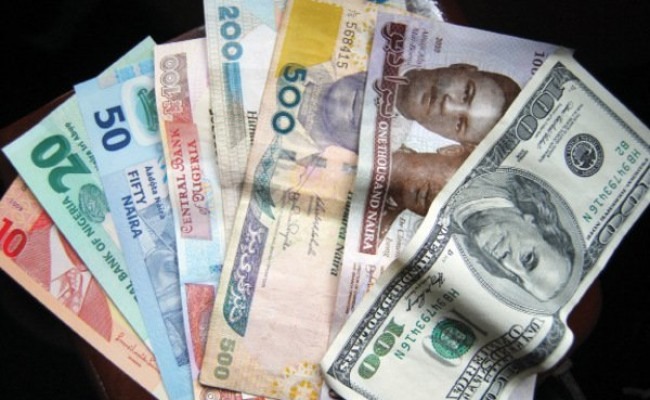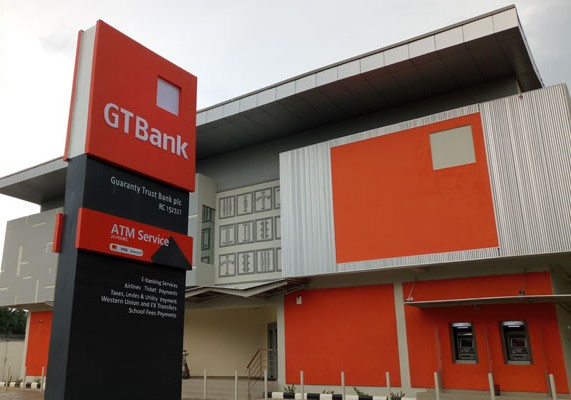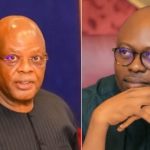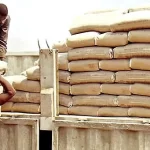Uncertain Terrain: The Nigerian Forex Market Update
Despite numerous interventions by the Central Bank of Nigeria (CBN), the Nigerian forex market remains turbulent. While some reports indicate positive shifts, many Nigerians and experts feel the stability is fleeting. Recent data reveal the naira’s gradual depreciation, with Fitch Ratings and the International Monetary Fund (IMF) offering differing perspectives on the nation’s financial landscape.
This Nigerian forex market update sheds light on the everyday struggles and policy-driven optimism surrounding the naira’s future.
Join our WhatsApp ChannelCBN’s Efforts and Mixed Reactions
To bring stability, the CBN has introduced measures aimed at increasing transparency in the forex market. Among these steps are a series of interest rate hikes and a planned electronic platform for real-time forex matching, set to launch in December 2024. However, Fitch Ratings remains cautious, expressing doubts about the effectiveness of these efforts. As Fitch noted, “The FX market has yet to stabilise, and the ongoing flexibility of the exchange rate remains to be tested.”
Olayemi Cardoso, CBN Governor, is optimistic, citing that confidence in the naira is “gradually returning.” Speaking at a recent World Bank event, he stated, “The confidence in the naira is gradually returning as a result of the policies that we are already undertaking.” However, some Nigerians are not convinced. A Lagos-based trader, Micheal Omolara, expressed frustration: “Each time I think the naira will improve, we see it fall again. How much longer can we wait for ‘confidence’ to mean real change?”
The Realities on the Ground: Nigerians Speak Out
While the CBN and international bodies debate, Nigerians are grappling with the everyday effects of currency depreciation. The naira’s ongoing slide has caused consumer prices to skyrocket, impacting households and businesses alike. A recent report by Stanbic IBTC Bank’s Purchasing Managers’ Index (PMI) indicated that the weakening naira has driven up costs for fuel and transportation, placing immense pressure on the private sector.
A business owner, Emeka Uche, who imports goods from China, remarked, “Every month, it gets harder to keep my business running. The cost of bringing goods into the country is unbearable, and customers aren’t willing to pay the higher prices. At this rate, I don’t know how much longer I can hold on.”
Uche’s experience is not unique. From local traders to multinational companies, the currency crisis has forced businesses to hike prices or scale back on operations. According to Stanbic’s report, October’s PMI dropped to a 19-month low, highlighting deteriorating business conditions. Inflationary pressures have surged, causing firms to reduce purchasing activities and even consider layoffs in response to financial strain.
Policy Measures and Future Prospects
Experts are divided on the impact of the CBN’s policies. While the IMF recently praised CBN efforts, attributing naira stability to rate hikes and backlog-clearing measures, Fitch remains skeptical. An economist at Nigeria’s Financial Insight Institute, Dr. Chioma Anyanwu, explained, “The recent rise in FX reserves to $39 billion is promising, but we must remember that a significant portion of this comprises FX swaps with local banks. This isn’t a long-term solution, as these swaps must eventually be repaid.”
READ ALSO: Naira Weakens As Dollar Sales Plunge In Nigerian Forex Market By $252m To $84.1m
The concerns go beyond technicalities. Many experts question whether Nigeria’s heavy reliance on oil exports and fluctuating global oil prices might hinder the CBN’s ability to stabilise the naira. “Until we diversify our economy and reduce dependency on oil, any stability we see will only be temporary,” Dr. Anyanwu said.
The CBN’s introduction of the electronic FX matching platform may provide some relief by enhancing market transparency and reducing speculation. Cardoso elaborated, “We are making sure policies are there in the market, not to control it but to ensure the fundamentals are strong. The CBN doesn’t determine the exchange rate; fundamentals do.” Yet, the effectiveness of this approach remains uncertain.
Contrasting Views: Optimism vs. Reality
For many Nigerians, the distinction between policy optimism and their economic reality is stark. While the CBN emphasizes the gradual return of confidence, the currency’s constant fluctuation has made day-to-day living challenging. A student, Maryam Suleiman, on X(formerly Twitter) voiced her frustration, saying, “I’m studying abroad, and each time the naira falls, my fees go up. My family struggles, and it’s a burden on all of us. We hear these ‘forex updates’ all the time, but what do they really mean for us?”
The volatility has also impacted remittances. With exchange rates fluctuating, families relying on funds from abroad face challenges as the value of remitted funds fluctuates unpredictably. A Lagos-based economist, Adewale Johnson, explained, “For Nigerians relying on relatives abroad, these shifts are a real problem. They expect certain amounts and find that their money’s worth has dropped, sometimes drastically. Until we see stable rates, these problems won’t go away.”
Is Stability Possible?
Despite Fitch’s concerns, Cardoso insists that the CBN will continue to drive transparency and growth in Nigeria’s forex market. He believes that policies like the upcoming FX matching platform will reduce volatility, encourage investment, and drive economic growth. He explained, “We want to sanction those trying to take advantage of the system and ensure that only transparent, legal transactions take place.”
Experts, however, suggest that stability will only be achieved when Nigeria’s economy is more resilient to external shocks. Until then, Nigerians can expect continued currency instability.
Looking Ahead: Cautious Hope for the Nigerian Forex Market
While this Nigerian forex market update highlights significant challenges, there is cautious hope that policies will eventually lead to stability. But this hope hinges on Nigeria’s ability to implement reforms and diversify its economy. Economist Dr. Anyanwu concluded, “The CBN’s actions are necessary, but they are not sufficient on their own. To stabilise our currency, we must tackle fundamental issues such as infrastructure and economic diversification. Otherwise, we’re just treating the symptoms.”
In the meantime, Nigerians must adapt to a financial landscape that remains as volatile as ever. Business owner Uche captures the sentiment well, saying, “It’s hard to make plans when your currency is so unstable. We need more than just promises; we need results.”
As the CBN pushes forward with its new policies, only time will tell if these measures bring about the long-sought stability—or if Nigerians will continue to chase an elusive mirage.
Emmanuel Ochayi is a journalist. He is a graduate of the University of Lagos, School of first choice and the nations pride. Emmanuel is keen on exploring writing angles in different areas, including Business, climate change, politics, Education, and others.



















Follow Us